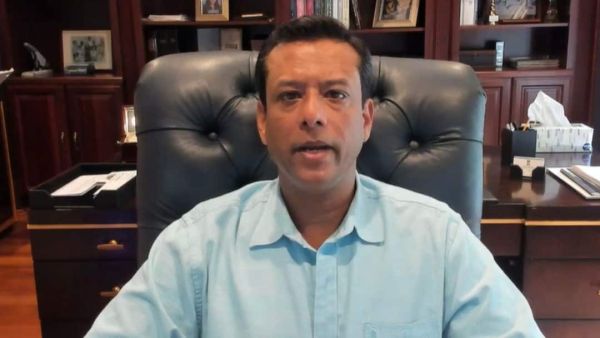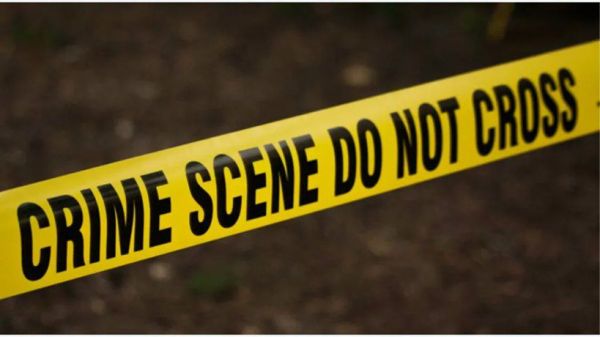
If you’ve ever jumped at the faintest tick near your gas stove or triple-checked the knob before leaving home, you’re not alone. The LPG cylinder is a staple in almost every Indian kitchen but let’s be real, it comes with a tiny bit of fear tucked under that red shell. We’ve all heard those horror stories: a forgotten leak, a careless matchstick, or worse, a late-night blast that started with “no one noticed the smell.” Scary, yes. But also, mostly preventable.
Here’s how to stay safe without turning into a paranoid mess.
Don’t ignore the hiss or smell

You know that faint rotten egg smell? That’s added to LPG on purpose so you can detect leaks. If you smell it, act. Don’t light anything, don’t flip switches, and definitely don’t try to "wait it out." Open all windows and doors, turn off the regulator, and step out to call for help. No shame in getting it checked, better safe than sorry, right?
Check the rubber pipe
The rubber tube connecting your cylinder to the stove isn’t meant to last forever. Over time, it gets cracks, bends, or even just loose at the ends. A lot of incidents happen just because this one little thing was ignored. Replace it every few years, and while you're at it, get the BIS-certified one — that tiny logo might just save your life someday.
Regulator matters more than you think

That knob on top of your cylinder? It’s not just an on-off switch. It regulates the gas flow, and a faulty one can lead to leakage, pressure issues, or even explosions. If yours is stiff, rusty, or looking suspiciously ancient, don’t wait for it to fail. Swap it out. You’re dealing with pressurised gas, not something to mess around with.
Keep the area ventilated
That closed-off modular kitchen setup? Not great for LPG. Make sure there’s proper airflow, windows, vents, or at least a chimney that actually works. Gas builds up quietly in enclosed spaces and becomes a disaster waiting to happen. A well-ventilated space gives the gas somewhere to escape if anything ever does go wrong.
Never play the refill guessing game

Running out of gas mid-cooking is annoying, yes. But trying to connect a new cylinder in a hurry, with the stove still hot and the match already struck, is just asking for trouble. Always turn off everything before switching cylinders. And if you’re unsure how to do it safely, ask someone who knows, there’s no shame in calling the delivery guy for help.
Install a leak detector if you’re extra cautious
For peace of mind, you can get an LPG leak detector installed in your kitchen. It’s a small device, not too expensive, and it gives you an early warning if gas levels cross the danger mark. Especially helpful if you have elderly people or kids at home who may not notice the smell right away.
Bottom line? Respect the cylinder

LPG is super efficient, clean, and easy to use. But it needs your attention. Most accidents don’t happen because of faulty cylinders, they happen because of carelessness. A quick weekly check, some common sense, and the occasional replacement of old parts can go a long way.
So yes, your cylinder can explode. But with a little care, it won’t.
-
Haryana Aligns With NEP As Class 1 Entry Age Raised To Six From 2026

-
Hasina's Son Slams Upcoming Bangladesh Polls As 'Staged Drama' By Yunus Government

-
Relationship: Shocking Live-In Murder Case Exposes Dark Reality of Financial Disputes

-
Magha Month: A Sacred Season of Devotion, Renewal, and Cultural Awakening

-
Fineotex: Strategic Equity Allotment Enhances Financial Strength and Growth Outlook of Chemical LimitedFineotex: Strategic Equity Allotment Enhances Financial Strength and Growth Outlook of Chemical Limited
